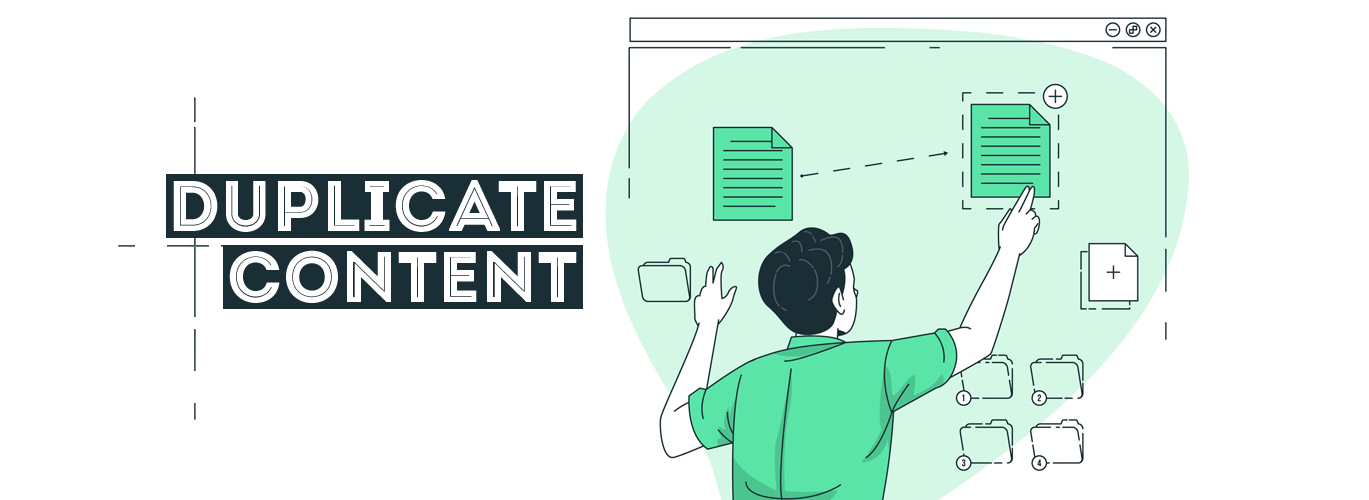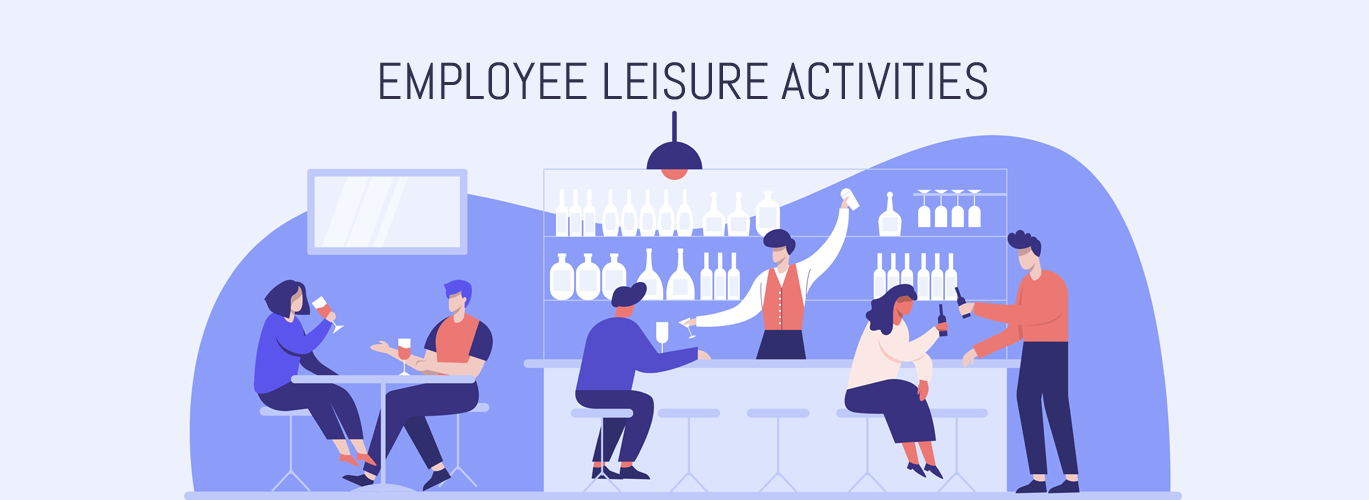What is duplicate content?
These are contents that can be seen on the Internet in more than one place. This “one place” is known as a location with a unique website address (URL). If the same content is displayed at more than one web address, you’ve got duplicate content.
It’s not technically a penalty but duplicate content can sometimes affect search engine rankings. Google calls it, “appreciably similar” when there is a lot of content in more than one location on the Internet, it will be difficult for search engines to determine which version is more appropriate to a given search query.
Why is duplicate content bad for SEO?
Duplicate content might disturb your SEO performance for a lot of reasons.
1.Backlink dilution
When the same content is accessible at many URLs, then all of those URLs may attract backlinks. This causes the splitting of “link equity” between URLs.
But you don’t have to panic as this isn’t always an issue because of how Google maintains duplicate content. In other words, when they find duplicate content, they collect the URLs into one cluster. They then “select what they think is the ‘best’ URL to put forward the cluster in search results” and “combine properties of the URLs in the cluster, like link popularity, to the representative URL.”
2.Burns crawl budget
Google figures out new content on your website through crawling that is they follow links from existing pages to new pages. They even recrawl pages they know about regularly to see if something changed.
Duplicate content makes more work for them. This may affect the frequency and speed at which they crawl your new or updated pages.
3.Scraped content outranking you
You might allow another website to republish your content sometimes known as syndication. At times, without permission sites may scrape your content and republish it.
These both situations lead to duplicate content across different domains, but they actually don’t cause problems. Issues arise when the scraped or republished content starts outranking the original on your site.
The best part is that it is a rare occurrence, but it may happen.
How to Identify Duplicate Content Issues
To fix a problem, you need to identify what it is. Let’s see how to identify it.
- Utilise Crawler Tools
Relying on the crawler, you can detect:
- Duplicate titles
- Duplicate descriptions
- Duplicate main body text
Every crawler is restricted just to your domain, which means they will not find places where other people have copied your content, or when you’ve published something a bit similar to someone else.
You can use a plagiarism detection tool for that. A software that you can use is Copyscape. This will exhibit the exact source of duplicate content and say whether it is internal or not. It’s simple to fix if the duplicate content is internal.
3.Manual Google search
You can make use of manual Google searches to find duplicate pages if you don’t have access to crawler.
Use the site, search operation detailing your domain and any keyword or chunk of text you want to find.
The specific you are (up to 30 characters, the limit of Google search queries), the more accurate your results.
Solutions for duplicate content in your website
- Audit your site and remove as much of that as possible. You can do that by searching for the same sentences or phrases within your site or you can use an auditing tool.
- Another solution is canonicalization. Canonicalization is basically telling Google what URL you prefer its features in search. This is maintained by adding code to your site. If you don’t specify which page to feature Google will make the decision itself.
There are tracking links issues?
You can use hash tag based campaign tracking in most cases, rather than parameter-based campaign tracking.
Don’t panic over duplicate content too much. It’s normally not as big a matter than it’s known to be. If you have a bunch of duplicate or near-duplicate pages, there’s a rare chance to be much of an issue. The same is accurate when quoting content from other websites or other pages on your site. It is okay to have a small amount of duplicate or boilerplate content. To deal with such things Google has many systems in place.






